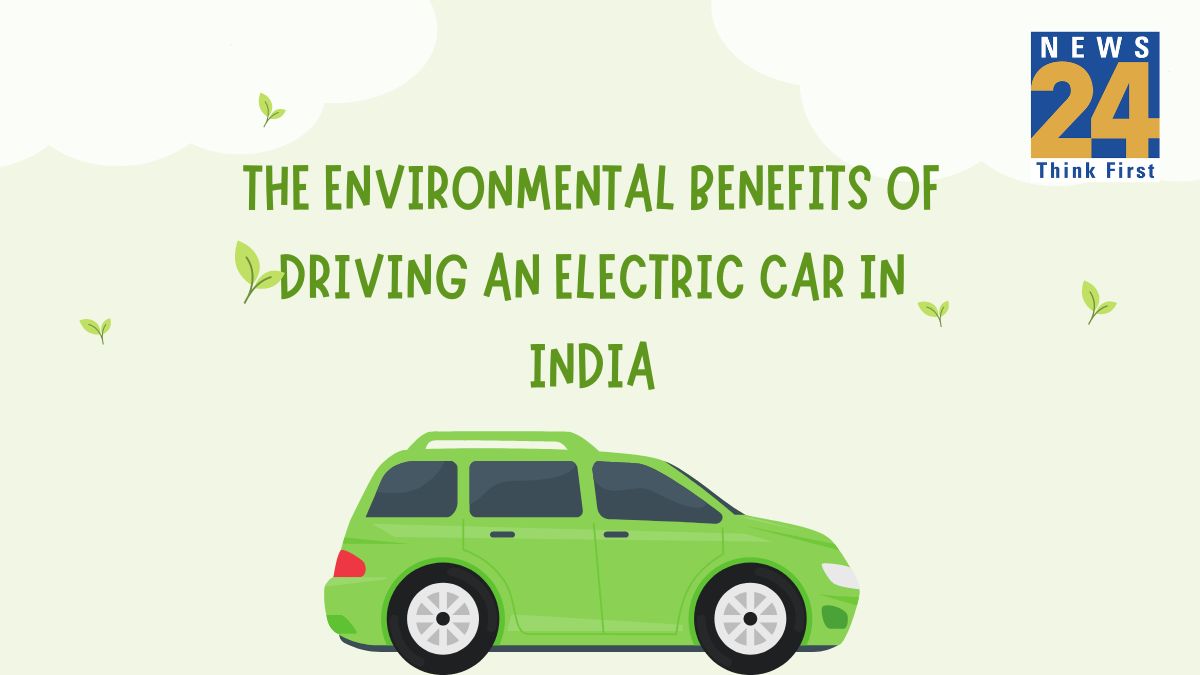Per its commitment to the 2015 Paris Agreement, India is committed to decreasing its emissions intensity to 33-35% of its GDP in comparison to its 2005 levels. To address this issue, the Indian government is relying on the environmental benefits of electric cars in India.
A traditional petrol or diesel car, on average, loses 64-75% of energy. In contrast, an electric car loses just 15-20% energy. This shows that EVs are at least three times more energy-efficient than traditional fuel-engine cars. By promoting electric cars and other EVs, the Indian government wants to take advantage of the environmental benefits of electric cars in India.
#EV adoption in India has profound environmental benefits.
Learn how India’s major players can work together to find the balance between environmental #sustainability and economic growth here →https://t.co/o4xjk7Y9Kt#greentech #EVadoption #CO2reduction pic.twitter.com/2GZgPxH7Se
---Advertisement---— Bolt.Earth (@bolt_earth) May 30, 2023
There are multiple environmental benefits of EVs. Here, let’s check the top 3 advantages of electric cars to the environment.
Top 3 Environmental Benefits of Electric Cars in India
Electric vehicles provide you with a cleaner alternative to traditional petrol/diesel cars, which is an important step towards sustainable transportation. The most important electric cars’ environmental benefits are listed below:
-
Zero Tailpipe Emissions
According to Niti Aayog’s eAMRIT, increased use of electric car driving can significantly decrease carbon footprint. This is mainly because EVs have zero tailpipe emissions. The traditional engine cars called the Internal Combustion Engines (ICE) emit harmful carbon through the exhaust tailpipe. However, in the case of EVs, there are no tailpipes. This is because the lithium-ion batteries used in electric cars don’t emit pollutants either during recharge or discharge cycles. This is one of the main environmental benefits of driving EVs.
Also Read: Best Affordable Electric Cars In India 2024
-
Reduced or No Noise Pollution
One of the most important environmental benefits of electric cars is that they have either no or reduced noise. One of the greatest examples of a noiseless EV is the MG ZS EV. Its engine produces no noise. The only sound it produces when it passes by is the whoosh sound its tyres produce due to the friction with the road.
When in operation, the traditional fuel-engine cars usually produce around 70-90 decibels. In contrast, the EVs are practically noiseless. The electric cars are so noiseless that the European Union directed the EV manufacturers to create vehicles that have a minimum of 56 decibels of sound.
Therefore, it can be said that by driving electric cars, you can promote an environment that has either no or reduced noise pollution. Hence, one of the major environmental benefits of electric cars in India is more peaceful surroundings and quieter roadways.
-
Emission of Harmful Fluids is Significantly Less
The traditional ICEs use lubricants and fluids that are toxic to both human lives and wildlife. In contrast, electric cars don’t use hazardous lubricants/fluids (which are primarily prepared from non-renewable resources). This leads to no or negligible use of petroleum or non-renewable fuels. Therefore, by using electric cars, you are embracing a more environment-friendly choice.
Final Words
One of the greatest environmental benefits of electric cars in India is that it promotes a transportation system that is more eco-friendly and sustainable. If you are still using petrol or diesel cars, the time has come for you to choose electric vehicles, especially when the government is continuing tax sops to consumers.
Also Read: Government Subsidy On Electric Vehicles In 2024: Check Now!













